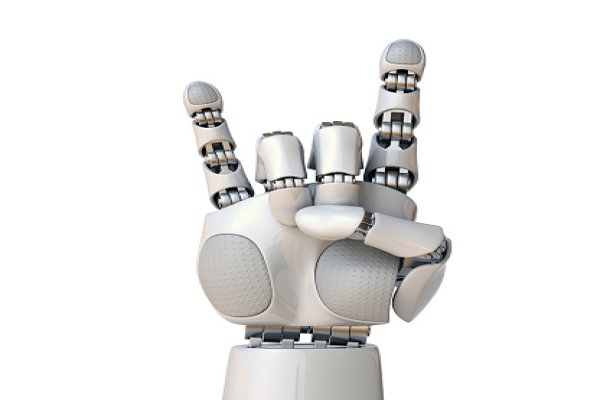In recent years, the development and implementation of artificial intelligence (AI) technologies have become increasingly widespread, with companies like Google and Microsoft leading the way. However, Google’s early enthusiasm for AI has waned in the face of mounting concerns about these technologies’ ethical and social implications.
In particular, Google’s decision to abandon its involvement in the Pentagon’s Project Maven, which used AI to analyze drone footage, indicated its growing caution around AI. This caution has created an opening for Microsoft, which has been more willing to work with the government on AI projects.
Two years ago, a team of Google scientists began advocating for the organization to launch a chatbot based on innovative technology far superior to what was accessible then.
They had designed a conversational computer program to discuss philosophy confidently, chat about its preferred TV shows, and even come up with wisecracks related to cows and horses.
Daniel De Freitas and Noam Shazeer informed their peers that chatbots, which the latest developments in AI have enhanced, would change the way individuals search online and communicate with computers, according to those who heard the two researchers’ statements.
Google’s initial excitement for AI has evolved into a cautious approach due to these technologies’ ethical and social implications. While Google’s reluctance to work with the government on AI projects has created challenges, it has also opened the door for Microsoft to become a leader in this field.
As AI continues to grow and evolve, companies must consider these technologies’ potential consequences and approach their development carefully.
Source: WSJ



